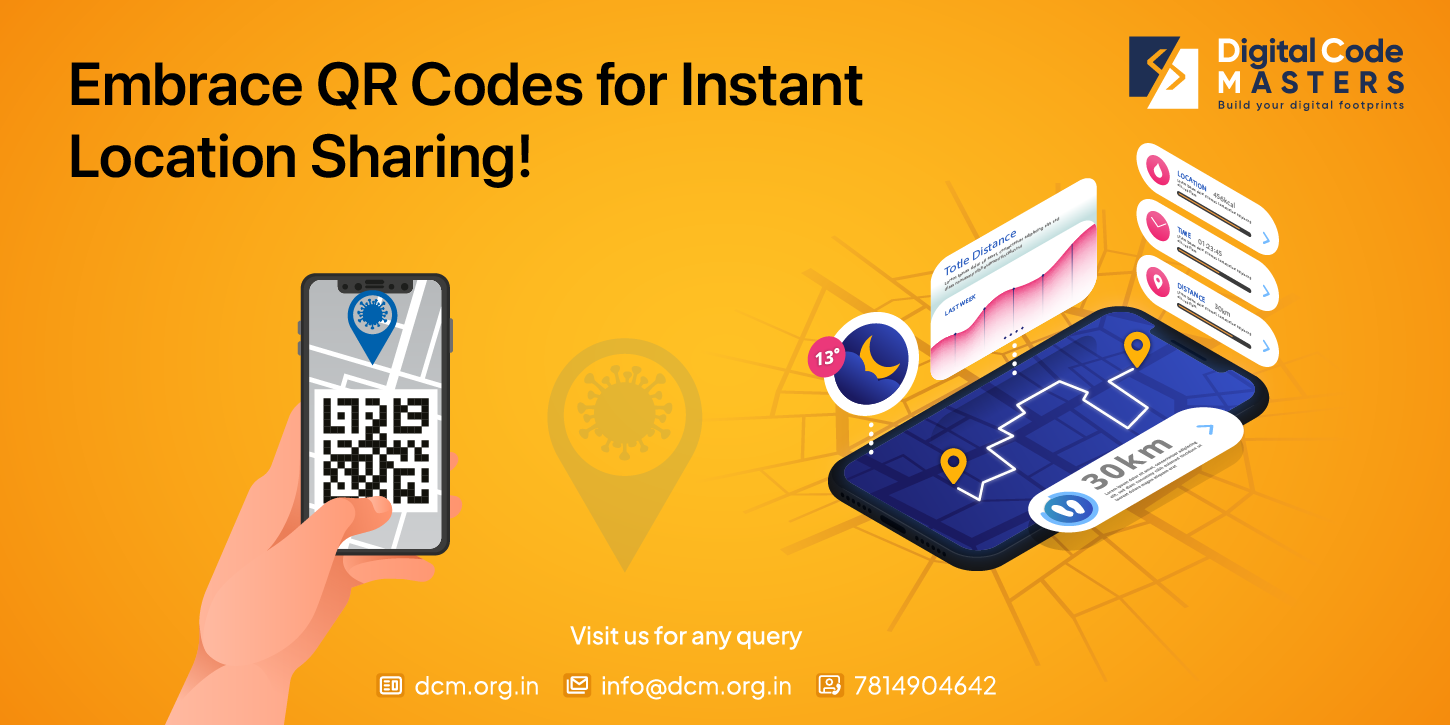
Blockchain technology has revolutionized various industries, and human resources (HR) is no exception. This innovative technology offers several advantages that can greatly improve HR processes, making them more efficient, transparent, and secure.
One of the key benefits of blockchain technology in HR is its ability to streamline and automate the hiring process. Traditional hiring processes often involve numerous intermediaries, such as recruitment agencies and background check providers, which can be time-consuming and costly. With blockchain, all relevant information, including resumes, certifications, and background checks, can be securely stored and verified on a decentralized ledger. This eliminates the need for intermediaries, reduces costs, and speeds up the hiring process.
Blockchain also enhances the verification of employee credentials. HR professionals often spend significant time and resources verifying the authenticity of employee qualifications and certifications. Blockchain technology enables the creation of tamper-proof digital records that can be easily verified by employers. This not only saves time but also ensures the accuracy and integrity of employee credentials.
Moreover, blockchain technology can improve payroll processes. Payroll is a complex and sensitive area in HR, which involves multiple parties, including employees, HR departments, and finance teams. By leveraging blockchain, all relevant information, such as employee work hours, tax deductions, and salary details, can be securely stored and accessed by authorized parties. This eliminates the need for manual data entry, reduces errors, and ensures timely and accurate payments.
In addition to improving efficiency, blockchain technology enhances the security of HR processes. Employee data, such as social security numbers, bank account details, and performance evaluations, are highly sensitive and prone to cyber threats. Blockchain technology secures this data through its decentralized and immutable nature, making it difficult for hackers to tamper with or steal sensitive information. This provides HR departments with peace of mind and ensures the protection of employee privacy.
Furthermore, blockchain technology enables the creation of smart contracts in HR. Smart contracts are self-executing contracts with the terms of the agreement directly written into code. In HR, smart contracts can automate various processes, such as employee onboarding, performance evaluations, and contract renewals. This reduces the need for manual intervention, increases efficiency, and ensures compliance with predefined rules and regulations.
In conclusion, blockchain technology has a significant impact on HR processes. It improves efficiency by streamlining and automating hiring, verification, and payroll processes. It enhances security by safeguarding sensitive employee data. It also enables the creation of smart contracts, which automate various HR processes. As blockchain technology continues to evolve, its potential for transforming HR processes is immense, making it a valuable tool for HR professionals in the digital age.




